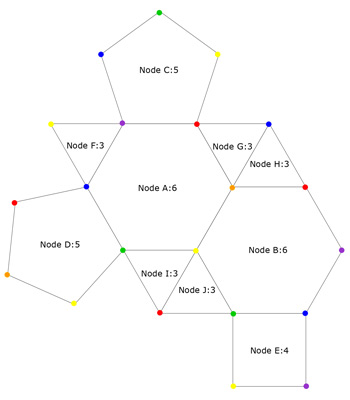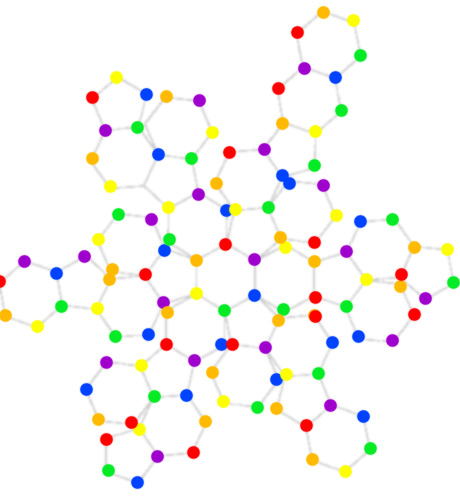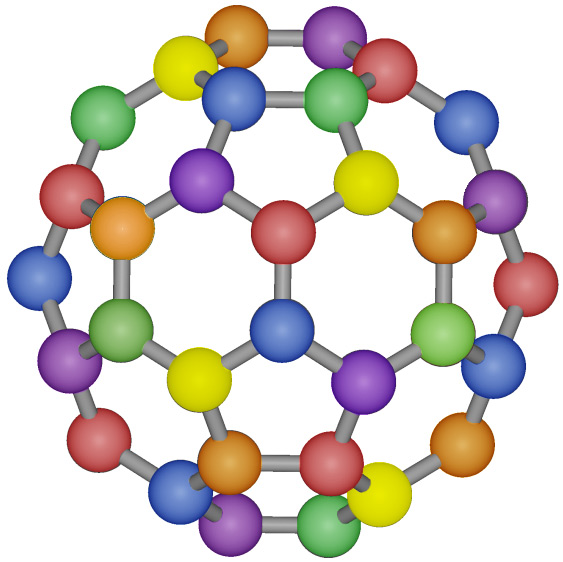Access Granted has brought together a team of highly-skilled software and web development professionals to complete a project which may transform the way we use the Internet for relationships, productivity, and exchange. We call this project CORE ∞ TRUST, short for Core Network & Trust Exchange. It brings together new technologies for online identities, information exchange, ratings, and visual data organization.
Creating a foundation software system using XDI (Extensible Data Interchange), this team will develop an open-source and distributed Identity system. This will allow individuals to manage and secure their personal ID information, and travel with a single ID through the Internet in exploring social networks, academic resources, and business sites. This is an advanced model similar to the “Passport” system Microsoft released, but with an open-source system, it becomes available to all individuals, companies, and organizations on the Internet. Also, corporations are restricted from controlling, selling, or misusing the Identity information of consumers.
The XDI software underlying this Identity system will also allow data Interoperability, where all sorts of information can be allowed to move freely across websites. Currently, the Internet exists as a vast set of “silos,” or servers with closed databases. Sometimes it is important to keep these databases from interacting with each other, but more often in current applications of the Internet, this limitation has become a huge roadblock to progress. A data Interoperability system would allow revolutionary new uses of Internet technology and information exchange.
Simultaneously to these developments, a supporting Ratings system will be created, which will full integrate into the Identity and Interoperability systems. This system will allow individual Internet users to apply Ratings to many different interactions on the Internet. Primarily, this system will initially focus on Trust, allowing users to express a level of value for the information of other users, organizations, and companies. This value can then be used to determine what information is shown to a user through search engines, marketplaces, networks, and other Internet applications. This will enable a highly-refined capacity for sorting the massive amounts of information available on the Internet, in a way that is completely intuitive and similar to the way we sort information in our daily lives. When we want to know if a certain TV Show is going to be “good,” we go to our most “trusted” sources to find out. If we don’t trust a source, the information we are given by that source is often irrelevant or useless. On the other hand, when we place high-value, or Trust, in a source’s information, we would often like to see that information first, and it is often extremely valuable.
Finally, our Team is prepared to develop multiple Interfaces for these foundation systems, which will enable ease of use and application of their powerful features. These interfaces can service a diverse range of clients, from the peer-review systems of Scientists, to the search capabilities of Google and Yahoo, to the massive product databases of eBay and Amazon. Although the fundamental software systems must be completely open-source in order to insure their ethical use and public approval, each interface developed for use of these technologies can be licensed and sold to specialized clients, opening an entire market of new Internet applications.
One interface design has already been initiated, created to show the power of the foundation systems, and break new ground in the way we map and display data interactions. This interface uses simple visual principles of geometry and color, allowing an intuitive and engaging user interaction with complex data systems. Its provides a revolutionary new way of categorizing information, visualizing networks, and navigating relational databases.
Access Granted is dedicated to completing this essential project for the future of the Internet, and to insuring that these open-source software systems are developed and guided by the masterful engineering of developers who are committed to the highest principles of social, environmental, and economic responsibility. We recognize that if these systems are not created swiftly and effectively by the open-source community, they may be eventually created by a corporation who may attempt to use them in ways that violate fundamental principles of personal privacy, security, and sovereignty.



